There is a growing interest in Autonomous Mobility Circuits and Systems (AutoCAS) as the technological front advances rapidly and the evolution of autonomous vehicles based on electronic systems continues. Beyond engine control, they play an essential role in safety, driver assistance, and communications. Highly reliable circuits and systems covering areas such as artificial intelligence (AI), sensing, signal processing, and V2X communications are essential to ensure smooth operation of autonomous vehicles.
In this changing environment, new electronic systems aim to configure the vehicle’s behavior through software in a more intuitive way. The field of circuit and system design tailored for autonomous mobility represents an important investment focus for semiconductor companies and is forecast to have significant revenue and growth trajectories. Our CAS community needs expanded opportunities for interaction and collaboration with experts exploring new trends in autonomous mobility in CAS. This is essential to foster technological progress and dominance.
Accordingly, AutoCAS 2025 is ready to showcase pioneering contributions that address CAS-centric challenges arising from autonomous mobility components such as memory, sensors, ECUs, and deep neural network (DNN) processors. This workshop is intended to be a connecting point for researchers to gain insight into cutting-edge methodologies and determine their pros and cons. This valuable exposure prepares them to innovate and refine circuits and systems while imagining the needs of complex vehicles. The structure of the workshop will include a single plenary track featuring insights from five leading figures from industry and academia.
Building on this content, this year’s AutoCAS Abstract has been updated to reflect last year’s achievements and this year’s technical challenges and expectations. As technology continues to advance, we expect the AutoCAS community to be at the forefront of innovation and drive the advancement of circuits and systems for a new era of automobiles.
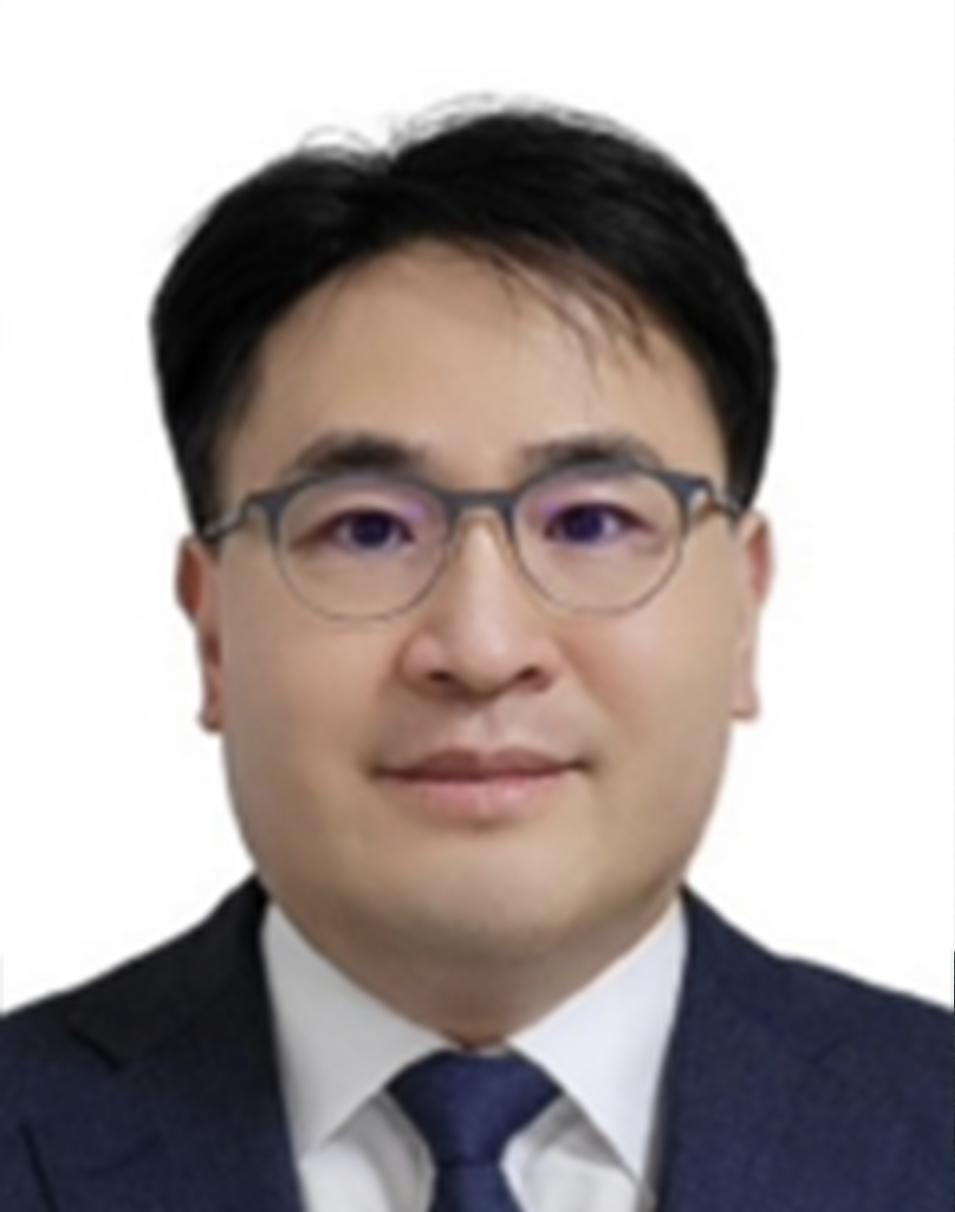 |
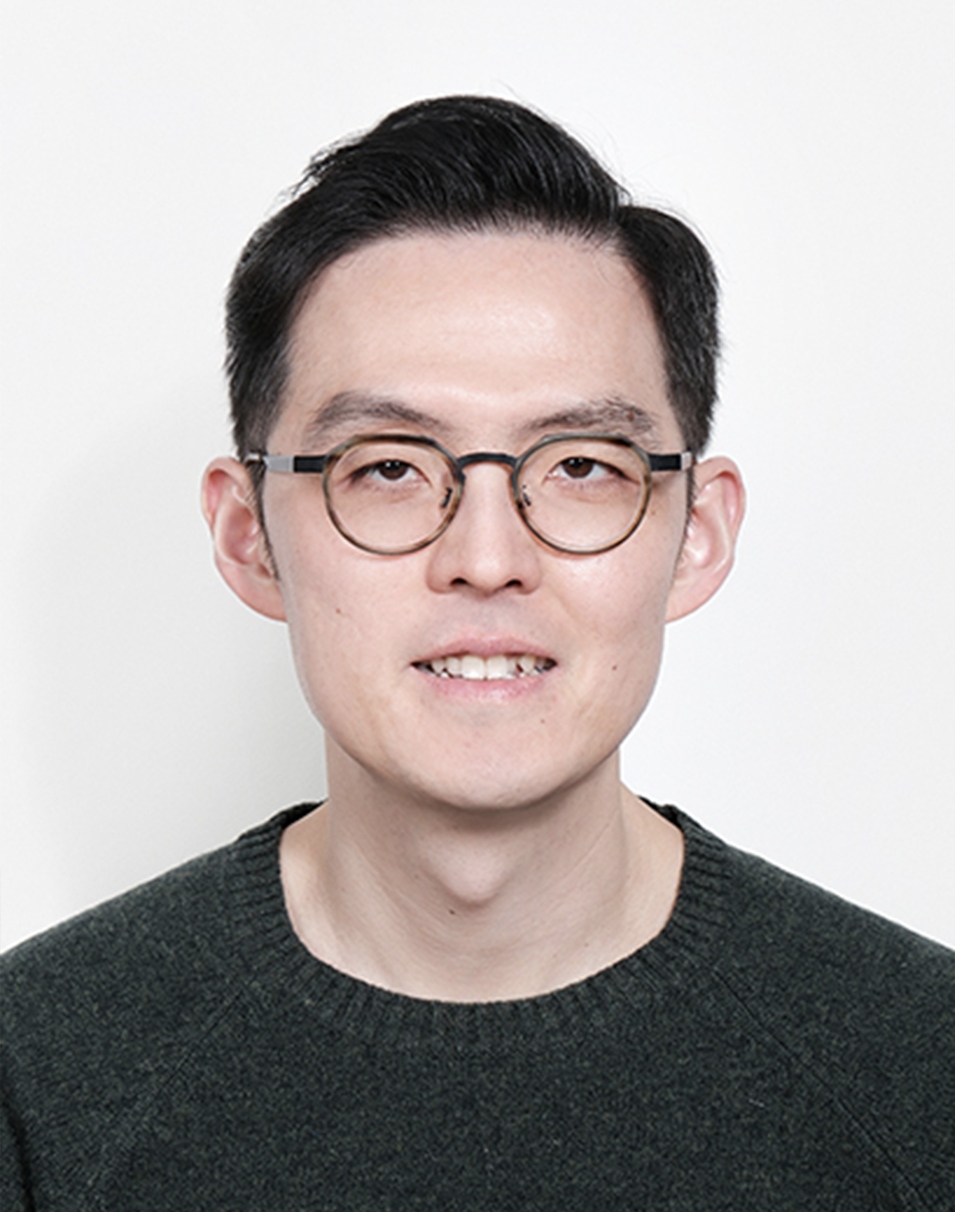 |
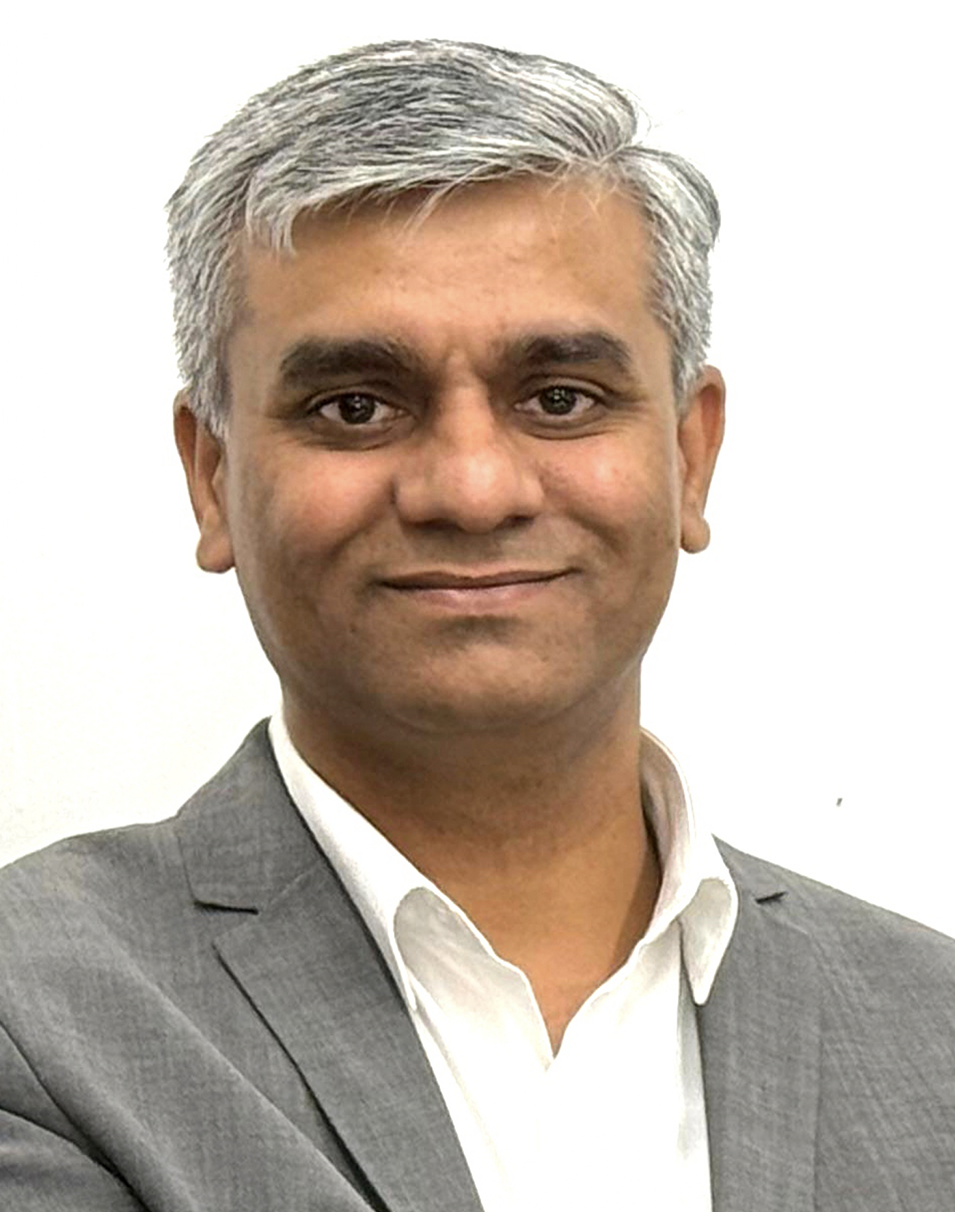 |
|
Kyung Ki Kim Daegu University, Korea |
Jusung Kim Ewha Womans University, Korea |
Preet Yadav |
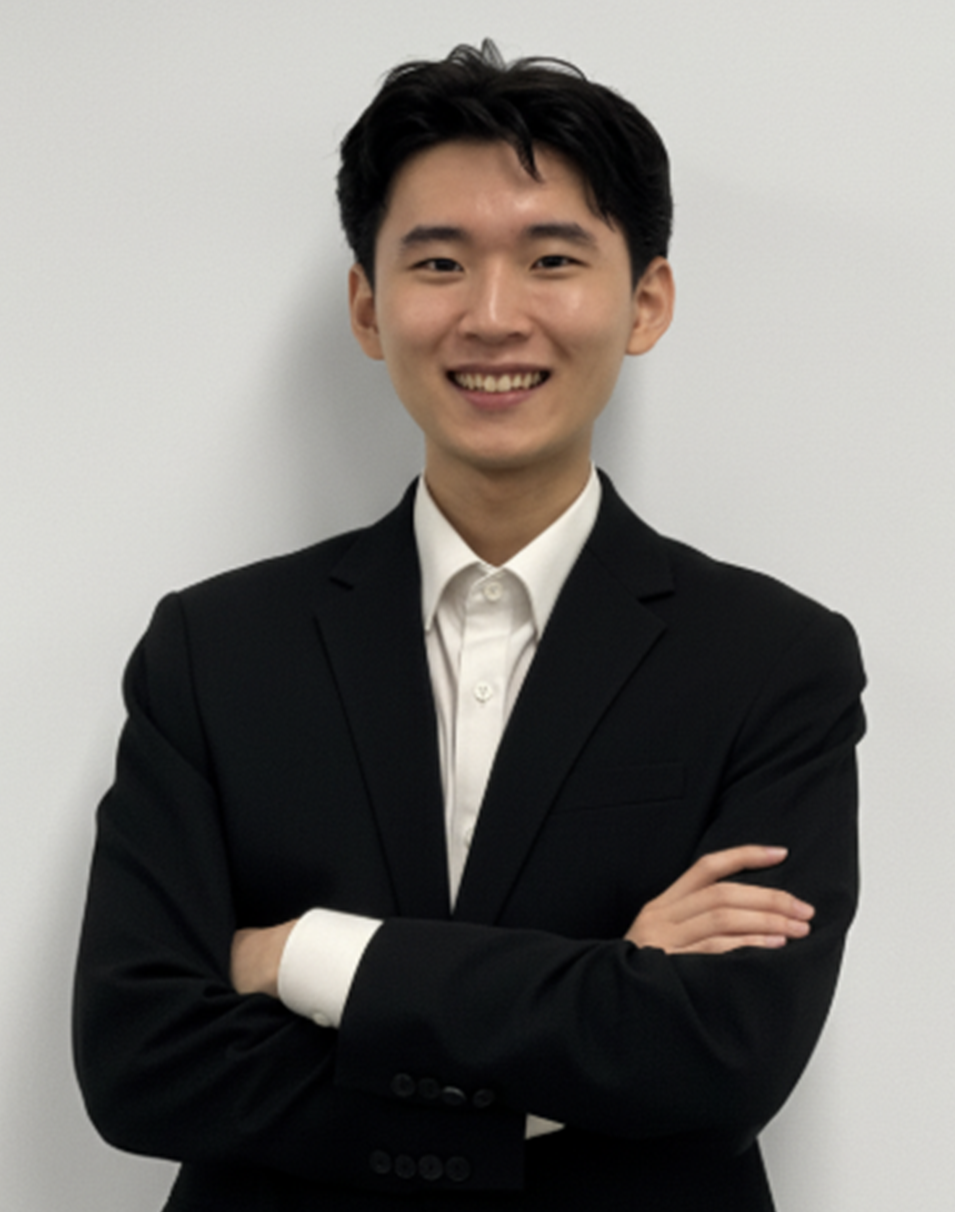 |
Enhancing Autonomous Mobility with Vision-Language-Action World ModelsYubeen Park |
|
Biography
Yu Been Park is Managing Director of the Self-Driving & Robotics Division at MAUM.AI, where he leads WoRVŌĆöthe companyŌĆÖs VLA (Vision-Language-Action) world model for robotics and vehicle controlŌĆöand drives Physical AI from research to revenue. His teamŌĆÖs WoRV-driven advances earned an Outstanding Paper Award at NeurIPS 2024 and were accepted to ICRA 2025 (invited Oral), highlighting instruction-following autonomy grounded in world models and commonsense navigation. In partnership with industry (including Qualcomm collaboration showcased at CES 2025), Park is deploying a VLA-powered autonomous speed sprayer and delivering KoreaŌĆÖs first national autonomous agricultural-machinery certification using Physical AI. His work focuses on on-device inference, data engines for long-tail safety, and partnerships that translate frontier models into reliable mobility products |
|
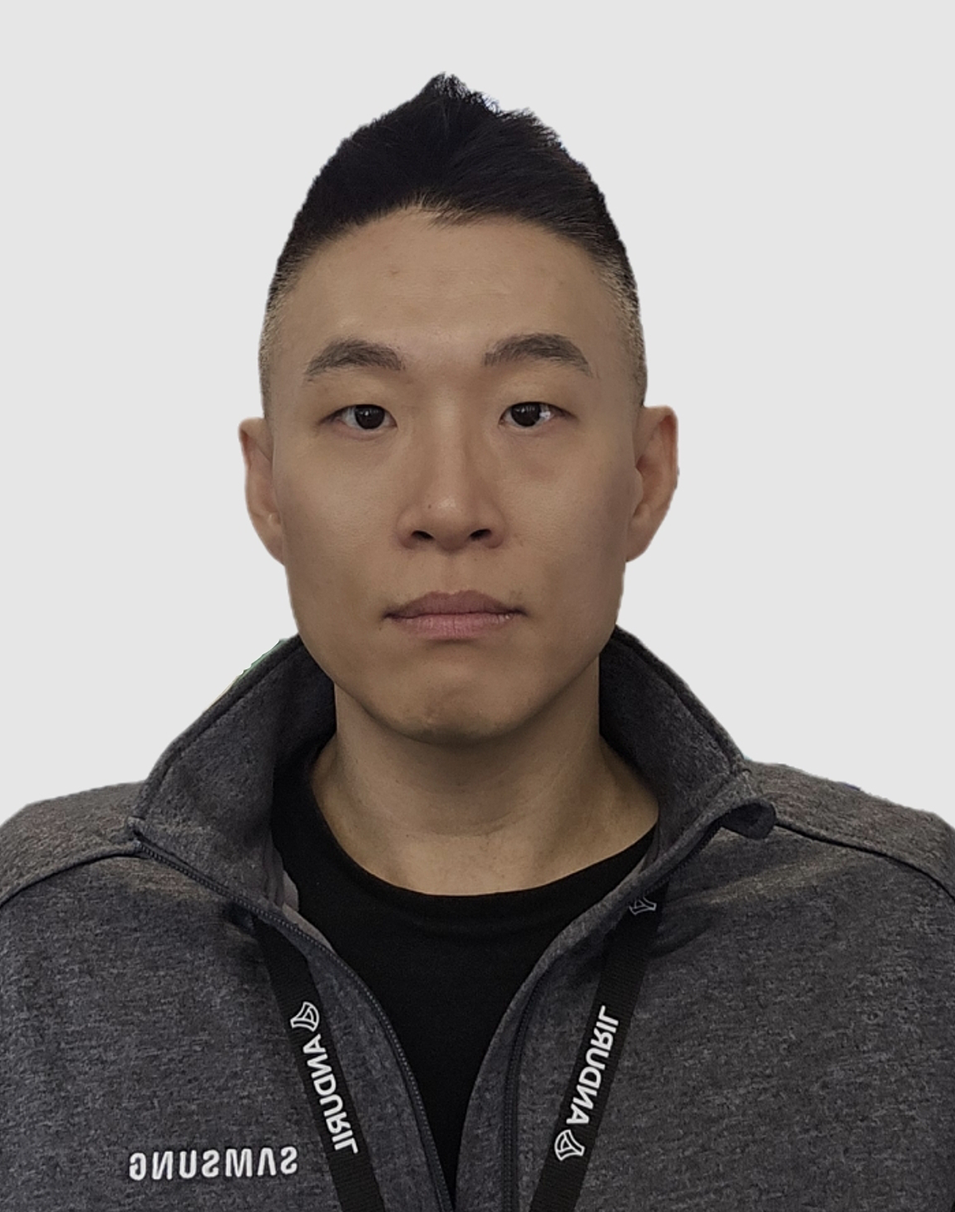 |
Overview of 3D Sensor Technologies for Autonomous DrivingMax Kim |
|
Biography
Max Kim is a Principal Engineer at Samsung, architecting SPAD-based sensors for LiDAR. With over a decade of experience in LiDAR, radar, and optical systems, he brings deep expertise in photonics, sensor modeling, and system architecture to advance next-generation perception technologies. |
|
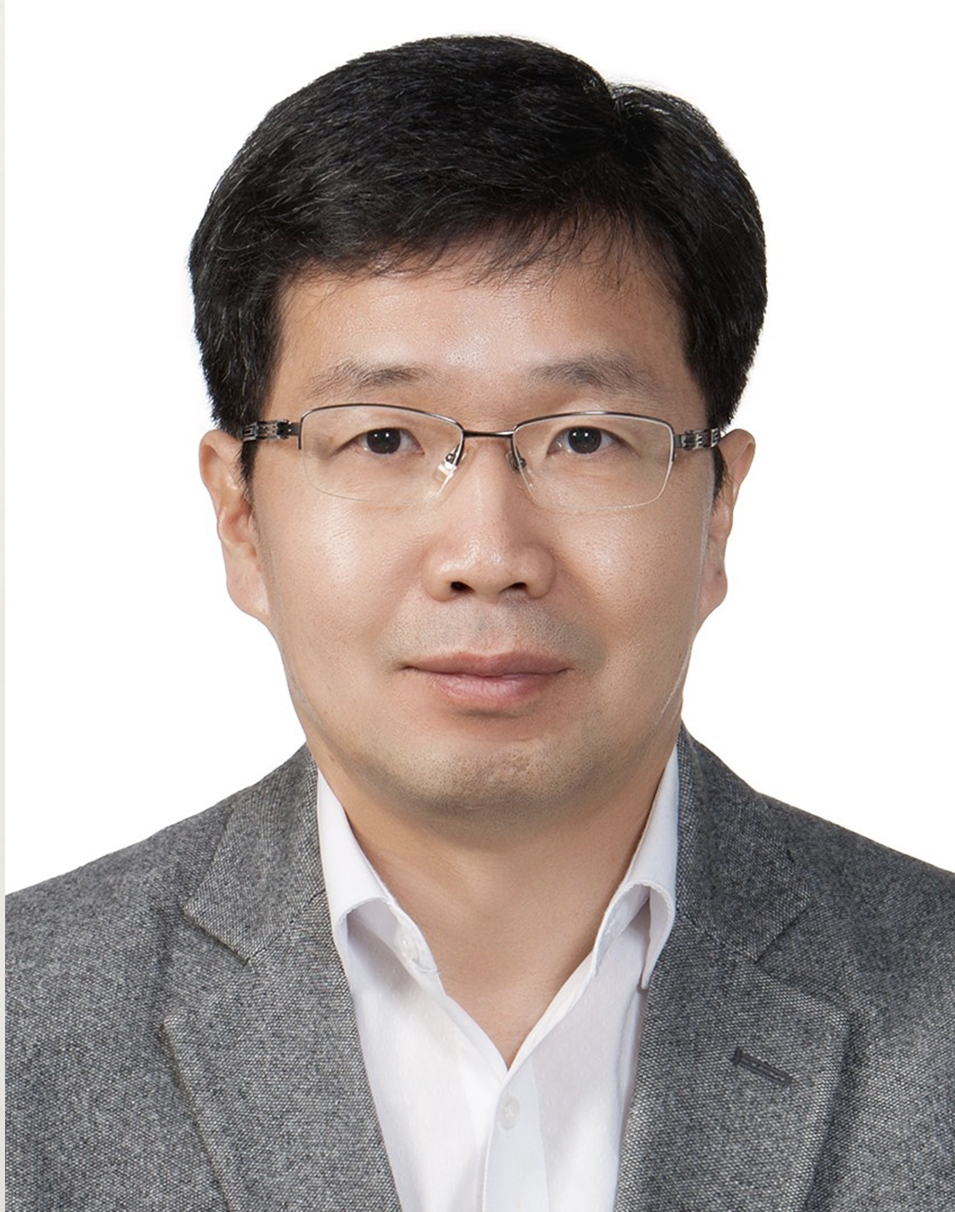 |
Semiconductor Competitiveness: The Key to Capturing the Automotive AI MarketŌĆöWhat Matters Most?Kyoungmook Lim |
|
Biography
KyungMook Lim is a world-leading SoC (System on Chip) design expert who possesses over 21 years of experience spearheading Samsung’s mobile SoC design initiatives. During his tenure at Samsung, he successfully led various SoC development projects, including those for the MP3 Player, DVD Player, iPod/iPad SoC, iPhone SoC, and Exynos SoC. His significant contributions and achievements in this field earned him the prestigious Proud Samsung Award. |
|
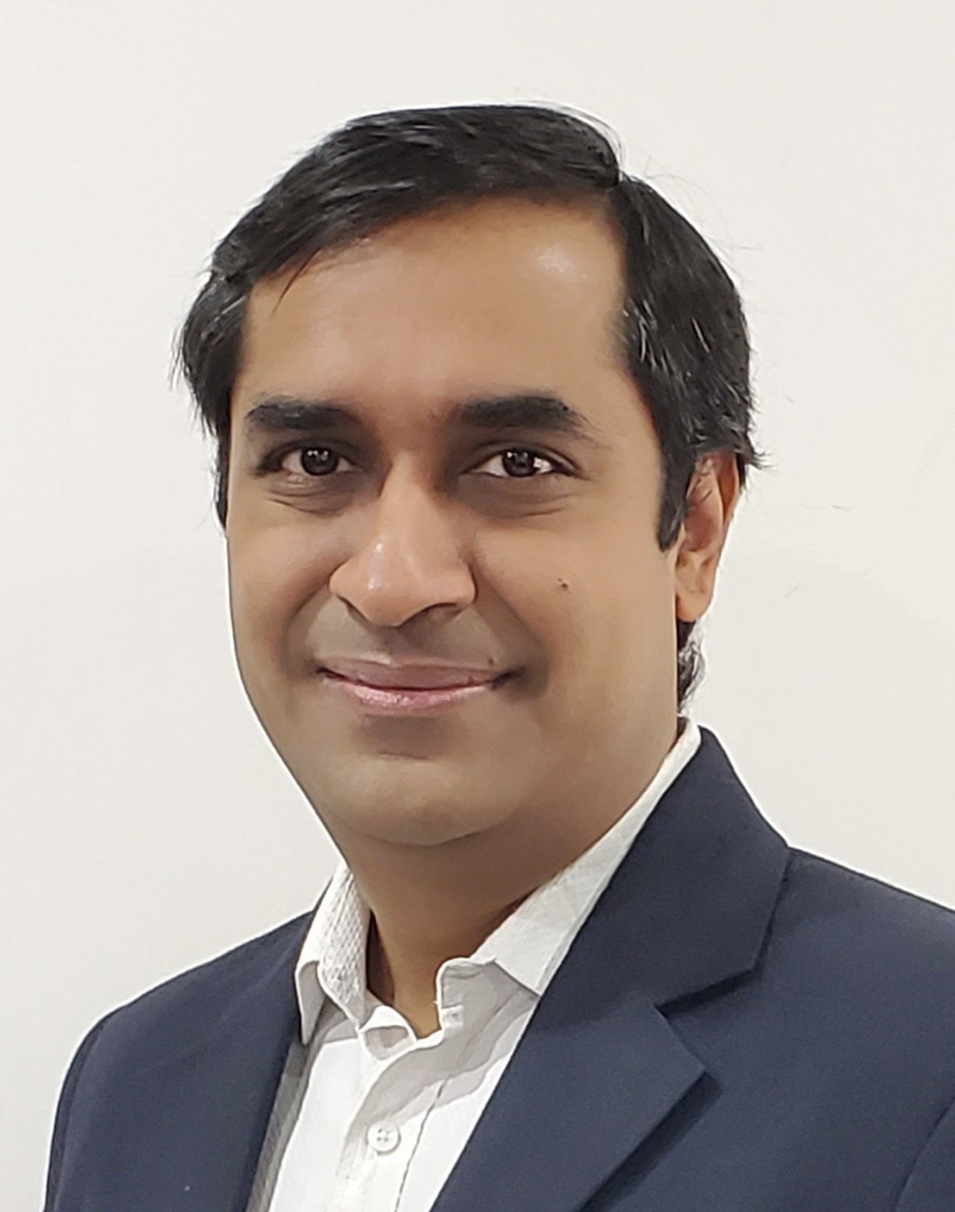 |
Battery Management Systems for EVs and Energy StorageKrishna Kanth Avalur |
|
Biography
Dr. Krishna Kanth Avalur is the Founder and CTO of MOSart Labs, a fabless IC design company working on high-voltage mixed-signal SOCs and semiconductor workforce development. Earlier, he served as the Director of Analog Mixed-Signal R&D at AMS semiconductors. He is an IEEE Senior member and currently the Vice-Chair for IEEE CAS/EDS Hyderabad Chapter. He received his PhD from IIIT Hyderabad. He finished his B.Tech and M. Tech from IIT Bombay with Specialization in Microelectronics. He was awarded President of India Shankar Dayal Sharma gold medal and IIT Bombay Student Roll of Honour in 2002. His specialization includes sensors and sensor interfaces, high performance analog signal processing, power management for automotive and consumer semiconductor IC design. He worked earlier with Texas Instruments Bangalore and Qualcore Logic Hyderabad leading the Analog IC design teams. He is an adjunct professor at IIT Hyderabad and Digital University Kerala. He is on Academic council and Board of Studies member at several universities in India. He has 13 patents and 11 IEEE publications. He is an Associate Editor for TCAS-II for 2024 & 2025. |
|
 |
Panel Discussion – ModeratorPreet Yadav |
|
Biography
Yadav Preet is Head India Innovation Ecosystem at NXP Semiconductors. Prior to re-joining NXP in his second stint, he was working with Wipro as Analog Practice Head, Distinguished Member of Technical Staff (DMTS) – Wipro Senior Member, leading Analog & Mixed Signal Practice globally in VLSI Technology Group. |
|